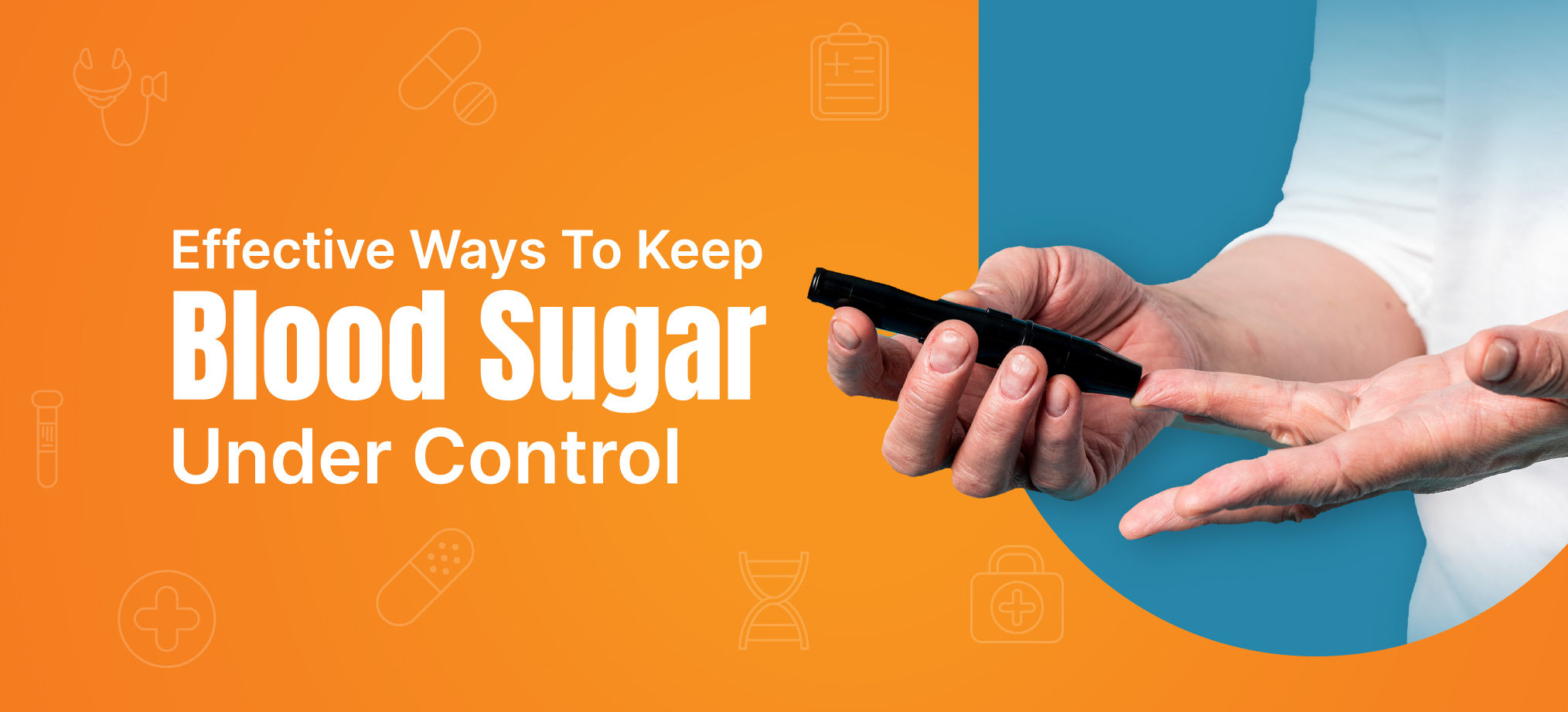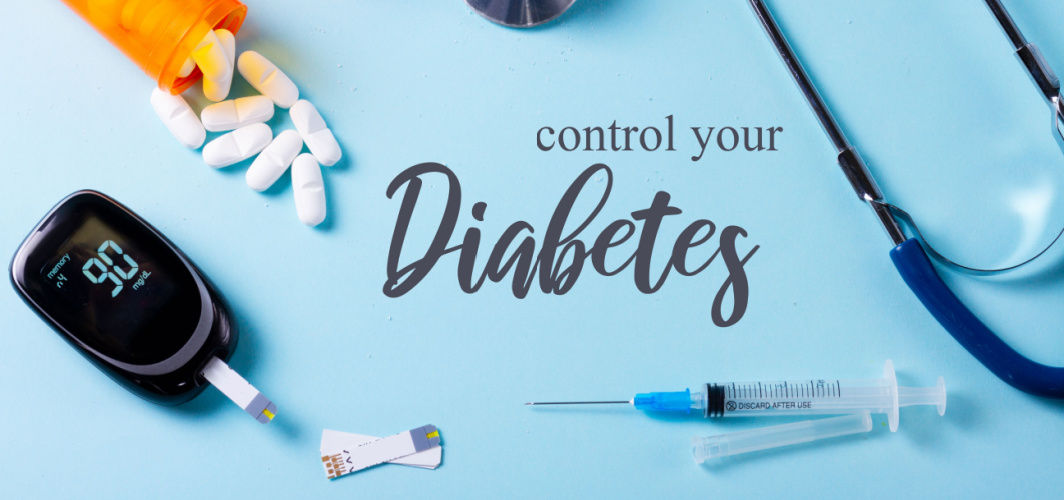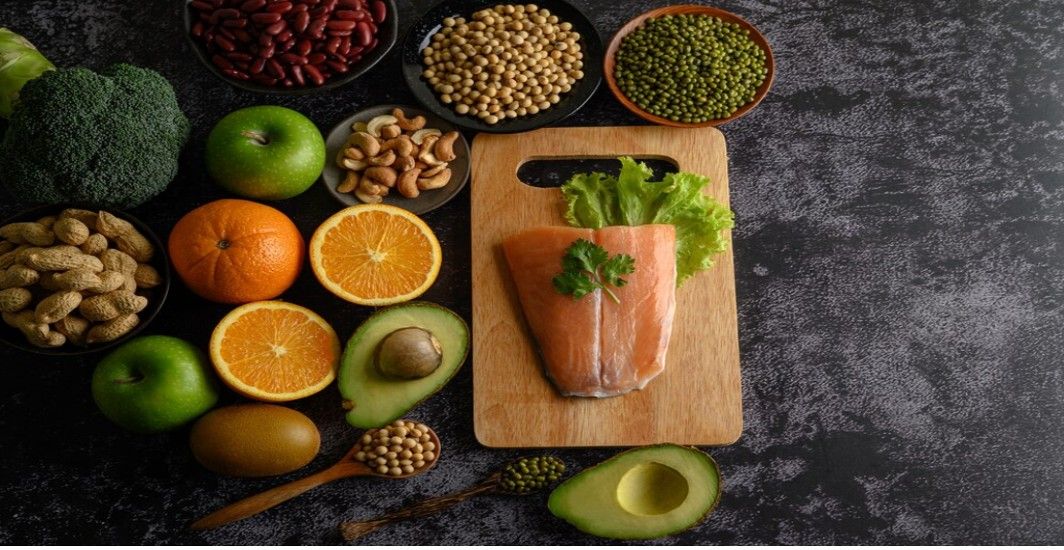Diabetes Management
Sabudana and Diabetes: Understanding the Nutritional Balance
1 min read
By Apollo 24|7, Published on - 05 August 2024
Share this article
0
0 like
.jpg?tr=q-80)
Sabudana, commonly known as tapioca pearls, often raises questions about its suitability for individuals managing diabetes. With its medium-high glycaemic index (GI) and carbohydrate content, one may wonder if it's a safe choice. This piece sheds light on this popular staple in Indian cuisine and its impact on your blood sugar levels.
GI and Carbohydrate Content of Sabudana
Sabudana has a medium GI of 67. Foods with medium to high GI can lead to rapid spikes in blood sugar levels. Moreover, one cup of Sabudana contains a hefty amount of carbohydrates, which might be excessive for individuals with diabetes in a single serving.
Consuming Sabudana the Right Way
Eating Sabudana in small portions, about 1/2 to 1 cup per meal, is advisable. To balance the meal, pair Sabudana with fibre-rich vegetables, which can slow down the absorption of glucose and thus stabilise blood sugar levels. You can also add protein sources such as boiled eggs or lentils to help regulate blood sugar and feel fuller for longer.
Potential Benefits of Sabudana
Despite its GI and carbohydrate content, Sabudana offers certain benefits. It is rich in resistant starch and is gluten-free, making it suitable for individuals with gluten sensitivities or celiac disease. Furthermore, it provides a quick energy boost due to its carbohydrate content.
While Sabudana can be part of a diabetic diet when consumed in moderation and paired with low-calorie, fibre-rich foods, it's crucial to monitor portion sizes to minimise its impact on blood sugar levels. Consulting with a doctor or a registered dietitian can guide you on how much Sabudana to include in your personalised diabetic management plan. Enrolling in a programme like Apollo Super 6 can provide additional support in managing diabetes through lifestyle changes and personalised coaching.
Diabetes Management
Consult Top Diabetologists
View AllLeave Comment
Recommended for you

Diabetes Management
Celebrate Diwali While Keeping Your Blood Sugar In Control!
With these tips, you can enjoy the festival of Diwali while keeping a check on your blood sugar levels.

Diabetes Management
What Is Pre-diabetes? When Does It Progress Into Diabetes?
Pre-diabetes is a condition in which blood sugar levels are higher than normal but not yet in the diabetic range. It serves as a warning sign, indicating an increased risk of developing type 2 diabetes. Progression to diabetes typically occurs when pre-diabetes is not managed through lifestyle changes. This transition can vary from person to person, but individuals with pre-diabetes can often prevent or delay the onset of diabetes by maintaining a healthy weight, engaging in regular physical activity, and making dietary adjustments to improve blood sugar control.

Diabetes Management
Detox Diets and Diabetes: What You Need to Know
Considering a detox diet for quick weight loss? Think twice if you're managing diabetes. Detox diets can cause dangerously low blood sugar levels and do not provide necessary nutrients. Instead, a balanced diet and regular exercise remain the best ways to manage diabetes and maintain overall health.
Subscribe
Sign up for our free Health Library Daily Newsletter
Get doctor-approved health tips, news, and more.
Visual Stories

8 Fruits That are Incredibly Healthy for Diabetes
Tap to continue exploring
Recommended for you

Diabetes Management
Celebrate Diwali While Keeping Your Blood Sugar In Control!
With these tips, you can enjoy the festival of Diwali while keeping a check on your blood sugar levels.

Diabetes Management
What Is Pre-diabetes? When Does It Progress Into Diabetes?
Pre-diabetes is a condition in which blood sugar levels are higher than normal but not yet in the diabetic range. It serves as a warning sign, indicating an increased risk of developing type 2 diabetes. Progression to diabetes typically occurs when pre-diabetes is not managed through lifestyle changes. This transition can vary from person to person, but individuals with pre-diabetes can often prevent or delay the onset of diabetes by maintaining a healthy weight, engaging in regular physical activity, and making dietary adjustments to improve blood sugar control.

Diabetes Management
Detox Diets and Diabetes: What You Need to Know
Considering a detox diet for quick weight loss? Think twice if you're managing diabetes. Detox diets can cause dangerously low blood sugar levels and do not provide necessary nutrients. Instead, a balanced diet and regular exercise remain the best ways to manage diabetes and maintain overall health.

